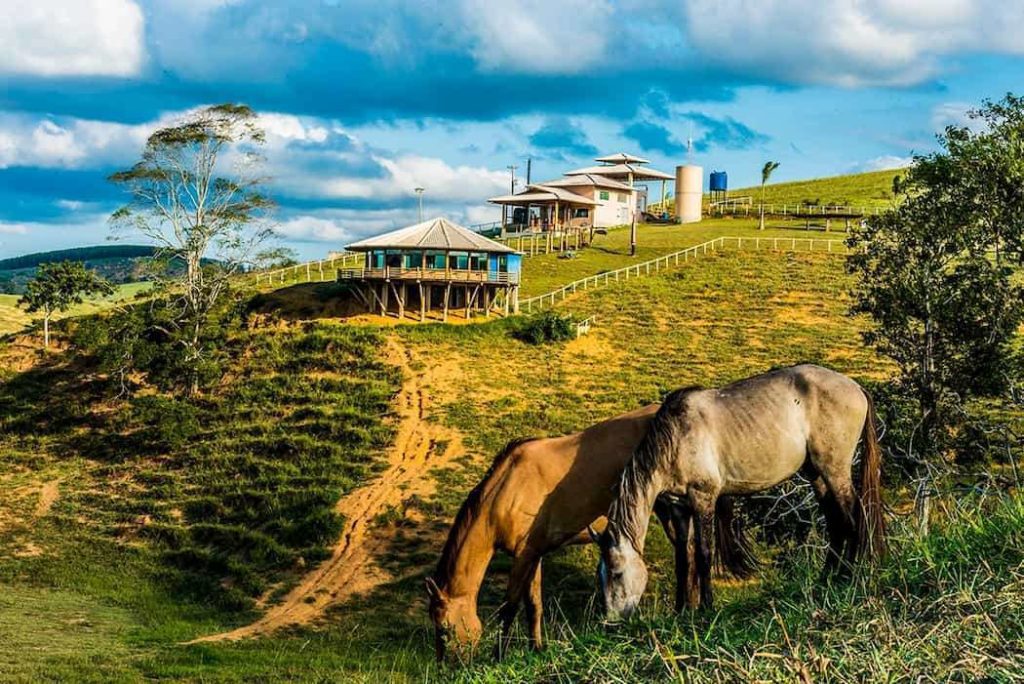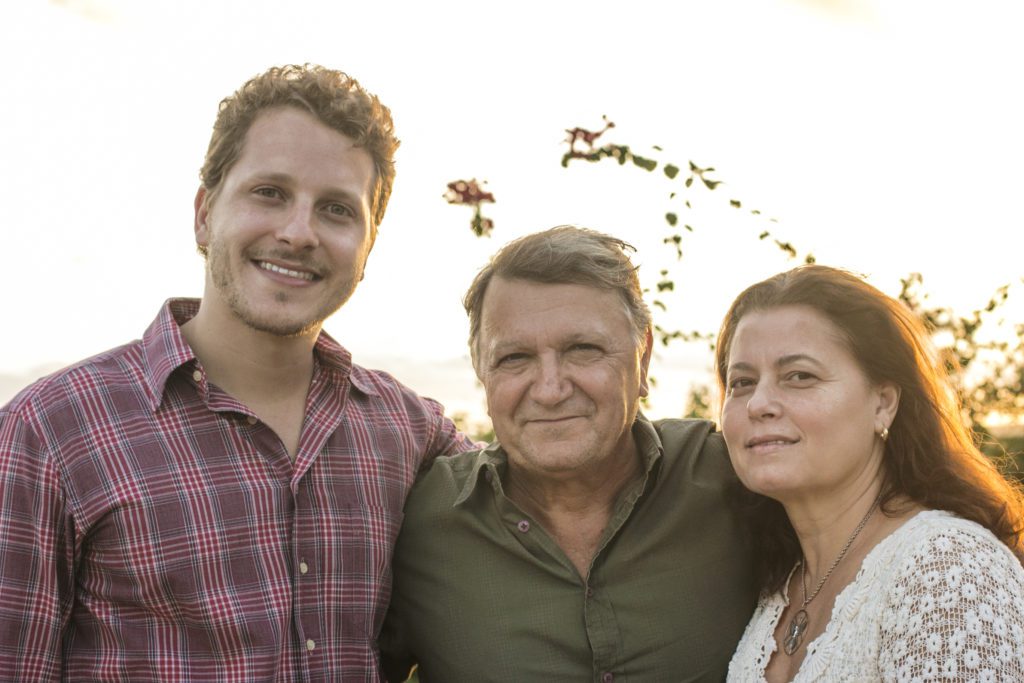There are no results matching your search.
scratches
Born in Vitória – Espirito Santo, cardiologist Pedro Cellia remembers his childhood, when his father acquired Fazenda Tupã, in Linhares (ES), which led to many weekends in the interior admiring the stunning beauty of the Rio Doce and the colors of Espírito Santo nature.
The beautiful farm of anesthetist Adão Cellia, patriarch of the family, had an agricultural tradition and cocoa production, however, in 2008, Adão began studying the cultivation of sugar cane and the distillation of cachaça.
Growing up among doctors, Pedro went to study medicine at the Federal University of Espírito Santo and in the meantime went to Fazenda Tupã to get a taste of country life. It was from this experience that his interest in the world of cachaça and its particularities began.
What began as study and interest, in 2016, became the cachaça called Princesa Isabel – one of the most awarded in the industry and certainly one of the Cellia family’s greatest pride.

After graduating, Pedro came to São Paulo with the aim of doing a residency in clinical and cardiology at USP. He ended up joining the research department on atherosclerosis, an inflammation formed by fatty plaques that accumulate in the heart and can lead to accumulation in the wall of the arteries of the heart and other locations in the human body, such as the brain.
When he began to study this area of cardiology, the doctor later discovered that there was research linking the moderate use of alcohol and the reduction of atherosclerosis and cardiovascular risk.
Pedro Cellia: Because I come from a family that produces cachaça and knowing about this research, I decided to start looking into studies on the moderate use of cachaça and cardiovascular benefits and discovered that there is practically nothing about it. I decided to carry out my first controlled and randomized study in humans with this aim. The research is still going through phases, but in general it is already clear that wine and other spirits bring benefits to the heart.
Pedro Cellia: I'm not even sure if there will be a positive result, because the big problem with cachaça is the spread of abusive consumption, and not consumption of appreciation. (…) Every study we do looking for the benefits of alcohol is based on moderate doses. The recommended are two daily doses for men, and one dose for women. People need to understand that we are talking about introspective use and appreciation.
Pedro Cellia: My father still works as a doctor and works on the production of cachaça and all technical coordination is the responsibility of Leandro Marelli. My sister, Gabriela, and I are also behind the entire brand identity concept.
Pedro Cellia: It's a tribute, but not to that Princesa Isabel and yes to my mother, also Isabel, a wonderful artist who inspired the labels for our cachaça. The brand's ideology has always been to deliver a product that is an expression of our land and our people!

Pedro Cellia: There are many producers doing incredible work! People from the south have their own lineage of cachaça that I have greatly admired, like Evandro da Weber Haus, Harmonie Schanaps Prata and Amburana, the Companheira Oak is incredible and then from the northeast there is Caraçuípe. Matriarca cachaça has made an interesting technical change and it is cowardly to talk about cachaças from the southeast, there is no way.
Pedro Cellia: I really like the Paraty region, I think it has a history, a lot of particularity, flavor... I think Paraty has a very interesting terroir expression and also the Coronel Xavier Chaves region, in Minas, I think Nando Chaves, from the 18th century, is an emblematic guy.
Pedro Cellia: A Princesa Isabel Amburana is an interesting cachaça that involved a lot of technique and three changes of barrel, it is one of the cachaças that I liked the most in recent years. I have also taken a lot Princesa Isabel Silver and I'm in love with the new label that will be launched in September, which I believe will be a big news in the world of cachaça. It's a surprise that will come in September, the new blend is totally influenced by me and Leandro Marelli and brings a lot of what I've learned in recent years and what I've seen differently in the world of cachaça.
A selection of the best articles from Mapa da Cachaça on different topics
There are no results matching your search.
scratchesThe best of cachaça in your email